

Articles
How To Store Dehydrated Lemons
Modified: January 6, 2024
Learn the best practices for storing dehydrated lemons with our informative articles. Preserve their flavor and freshness for extended use.
(Many of the links in this article redirect to a specific reviewed product. Your purchase of these products through affiliate links helps to generate commission for Storables.com, at no extra cost. Learn more)
Introduction
Welcome to our guide on how to store dehydrated lemons! Dehydrated lemons have become increasingly popular in recent years, thanks to their versatility and long shelf life. Whether you enjoy using dehydrated lemons for cooking, baking, or even as a flavorful garnish for your favorite drinks, proper storage is crucial to maintain their quality and taste. In this article, we will explore the benefits of dehydrated lemons, provide step-by-step instructions for dehydrating lemons, and discuss the best practices for storing and using them.
Dehydrated lemons are a fantastic addition to any kitchen pantry. They offer a concentrated burst of citrus flavor and can be used in a wide variety of dishes and beverages. From zesty lemonade to tangy salad dressings and flavorful marinades, dehydrated lemons bring a unique and refreshing taste to your culinary creations. But to fully enjoy the benefits of these delicious dehydrated fruits, it’s essential to ensure proper storage.
Storing dehydrated lemons correctly will help maintain their flavor, aroma, and texture for an extended period. This guide aims to provide you with all the information you need to store your dehydrated lemons properly.
Before we delve into the storage process, let’s take a moment to understand how dehydrated lemons are prepared and the benefits they offer over fresh lemons.
Key Takeaways:
- Elevate your culinary creations with dehydrated lemons! Enjoy extended shelf life, intense flavor, and versatile usage in both sweet and savory dishes. Get creative and savor the zesty burst of citrus in every recipe.
- Properly store dehydrated lemons for long-lasting flavor! Choose airtight containers, keep them in a cool, dry place, and check for moisture regularly. Unleash your creativity in the kitchen and savor the vibrant taste of dehydrated lemons in your culinary adventures.
Read more: How To Dehydrate Lemons In A Dehydrator
Benefits of Dehydrated Lemons
Dehydrated lemons offer a range of benefits that make them a worthwhile addition to your culinary arsenal. Here are some key advantages of using dehydrated lemons:
- Extended Shelf Life: Unlike fresh lemons that have a limited shelf life, dehydrated lemons can be stored for a long time without losing their flavor or nutritional value. This means you can enjoy the tangy taste of lemons in your dishes all year round.
- Convenient Storage: Dehydrated lemons take up significantly less space than fresh lemons. By removing their moisture content, these lemons become compact and lightweight, making them easy to store in your pantry or kitchen cabinet.
- Intense Flavor: Dehydrating lemons intensifies their flavor, making them even more potent than their fresh counterparts. This concentrated flavor adds a delightful zing to your recipes and allows you to use smaller quantities while still enjoying a burst of citrus taste.
- Versatility: Dehydrated lemons can be used in various culinary applications. They work wonders in savory dishes like roasted chicken, seafood, and salads, infusing them with a delightful tang. Additionally, they can be used in sweet recipes such as cakes, cookies, and even homemade lemonade.
- Nutritional Value: Dehydrated lemons retain a good portion of their nutritional benefits. They are a rich source of Vitamin C and contain antioxidants that support a healthy immune system.
With their extended shelf life, concentrated flavor, and versatility, dehydrated lemons offer a convenient and flavorful way to incorporate the taste of lemons into your cooking. Now that we understand the benefits of dehydrated lemons, let’s move on to the proper preparation and handling of lemons before dehydrating them.
Proper Preparation and Handling of Lemons
Before you start dehydrating lemons, it’s crucial to ensure that you properly prepare and handle the lemons. Follow these steps to ensure the best results:
- Selecting Fresh Lemons: Choose lemons that are firm, plump, and have a bright yellow color. Avoid lemons that are overly soft or have blemishes, as they may not dehydrate properly.
- Washing the Lemons: Thoroughly wash the lemons under cold running water to remove any dirt, residue, or wax. You can also use a small brush to gently scrub the lemons to ensure they are clean.
- Slicing the Lemons: Slice the washed lemons into thin, uniform slices, about ¼ inch thick. This will ensure consistent drying and prevent any portions from drying unevenly.
- Removing the Seeds: Use a small knife or your fingers to carefully remove any seeds from the lemon slices. Although the seeds won’t harm the final product, removing them ensures a smoother texture and makes it easier to use the dehydrated lemons in your dishes.
- Blanching (Optional): Some people prefer to blanch the lemon slices before dehydrating them to help preserve their color and flavor. To blanch, bring a pot of water to a boil, add the lemon slices, and cook them for 1-2 minutes. Then, transfer the slices to an ice bath to stop the cooking process. Blot them dry before continuing with the dehydration process.
- Uniform Sizing: It’s important to ensure that the lemon slices are similar in size to promote even drying. This will prevent some slices from becoming overly dry while others remain moist.
Properly preparing and handling your lemons before dehydrating them will contribute to the overall quality of the final product. Now that you have prepared the lemon slices, let’s move on to the step-by-step guide for dehydrating lemons.
Step-by-Step Guide to Dehydrating Lemons
Dehydrating lemons is a straightforward process that requires minimal equipment and effort. Follow these steps to successfully dry your lemon slices:
- Preheat your dehydrator: If you’re using an electric dehydrator, preheat it according to the manufacturer’s instructions. Aim for a temperature between 125°F to 135°F (52°C to 57°C), as this range is ideal for dehydrating lemons.
- Arrange the lemon slices: Place the lemon slices in a single layer on the dehydrator trays, ensuring they are not overlapping or touching each other. Leave some space between the slices for proper air circulation.
- Dehydrate the lemon slices: Place the loaded trays into the dehydrator and set the timer based on your dehydrator’s instructions. The drying process typically takes around 6 to 8 hours, but this can vary depending on the thickness of your lemon slices and the humidity level in your environment.
- Check for dryness: After the initial drying time, check the lemon slices for dryness. They should feel dry and brittle to the touch, with no moisture remaining. If they are not yet fully dry, continue dehydrating for additional time, checking periodically.
- Cool the dehydrated lemons: Once the lemon slices are completely dry, remove them from the dehydrator and let them cool completely on the trays. This will allow them to harden further and achieve their final texture.
- Store or further process: At this point, you can choose to store the dehydrated lemon slices as they are or further process them into powder or zest. If you prefer powder, place the dried lemon slices in a blender or food processor and pulse until they form a fine powder. For zest, use a grater or zester to grate the dried lemon slices.
That’s it! Following these simple steps will yield dehydrated lemon slices that are ready to be stored or used in your favorite recipes. Speaking of storage, let’s move on to the best practices for properly storing your dehydrated lemons to maximize their shelf life.
Store dehydrated lemons in an airtight container in a cool, dark place to maintain their flavor and shelf life. Make sure they are completely dry before storing to prevent mold.
Storing Dehydrated Lemons
Proper storage is key to maintaining the quality and flavor of your dehydrated lemons for an extended period. Follow these best practices to ensure optimal storage:
- Container selection: Choose airtight containers that are clean, dry, and preferably made of glass or food-grade plastic. Mason jars or resealable storage bags are excellent options for storing dehydrated lemons.
- Labeling: Clearly label the containers with the date of dehydration to help you keep track of their freshness.
- Storage location: Store your dehydrated lemon slices in a cool, dry, and dark place, away from direct sunlight or heat sources. Exposing them to light, heat, or moisture can compromise their quality and shorten their shelf life.
- Absorbent packets: Consider adding food-safe desiccant packets or oxygen absorbers to the containers to absorb any residual moisture and help extend the shelf life of your dehydrated lemons.
- Check for moisture: Periodically check the stored dehydrated lemons for any signs of moisture or clumping. If you notice any moisture, remove the affected slices and ensure the container is tightly sealed.
- Avoid moisture absorption: Keep your dehydrated lemons away from areas with high humidity, as they can absorb moisture from the environment and become soggy or moldy.
- Rotation: To ensure you use your dehydrated lemons before they lose their flavor and quality, practice a first-in, first-out system. Use the oldest batches before moving on to the newer ones.
By following these storage guidelines, your dehydrated lemons can remain flavorful and aromatic for up to a year or even longer, provided they are properly stored.
Now that you know how to store your dehydrated lemons, let’s explore some best practices for using them to enhance your culinary creations.
Read more: How To Dry Lemon Balm In A Dehydrator
Best Practices for Using Dehydrated Lemons
Now that you have a stash of delicious and aromatic dehydrated lemons, it’s time to get creative in the kitchen. Here are some best practices for using your dehydrated lemons:
- Rehydrate if needed: If you prefer a softer texture or want to infuse the lemon flavor quickly, you can rehydrate the dehydrated lemon slices. Simply soak them in warm water for a few minutes until they become pliable. Drain excess water before using.
- Incorporate into recipes: Dehydrated lemons can be used in a wide range of recipes. Add them to marinades, dressings, sauces, or soups to impart a tangy flavor. They also make an excellent addition to baked goods, such as cookies, cakes, and pies, for a burst of citrus zest.
- Create lemon powder: If you processed your dehydrated lemons into a powder, you can sprinkle it on roasted vegetables, popcorn, or even use it as a seasoning for meats or fish. The powder adds a vibrant lemony taste to any dish.
- Brew flavored tea or infusion: Infuse your dehydrated lemon slices in hot water for a refreshing and fragrant lemon tea. You can also add them to cocktails, homemade syrups, or infused oils for extra flavor.
- Garnish with style: Use dehydrated lemon slices as an attractive garnish for cocktails, desserts, or savory dishes. Their vibrant color and crisp texture add visual appeal and a burst of citrus aroma.
- Experiment with pairings: Don’t limit yourself to traditional recipes. Get creative and try pairing your dehydrated lemons with different ingredients. They complement well with herbs like thyme or rosemary, and can add a tangy twist to dishes with ingredients like chicken, seafood, or salads.
Remember to start with small amounts of dehydrated lemons and gradually adjust to suit your taste preferences. Their concentrated flavor can be quite potent, so a little goes a long way.
With these best practices, you can elevate your culinary creations by incorporating the vibrant taste of dehydrated lemons. Enjoy experimenting with different dishes and experiencing the unique flavors they can bring!
And there you have it! We’ve covered the benefits of dehydrated lemons, proper preparation and handling, step-by-step guide to dehydrating lemons, storing tips, and best practices for using them. Now, it’s time to explore the wonderful world of dehydrated lemons in your kitchen. Happy cooking!
Conclusion
Congratulations! You’ve reached the end of our comprehensive guide on storing dehydrated lemons. By now, you should have a good understanding of the benefits of dehydrated lemons, how to properly prepare and handle them, the step-by-step process of dehydrating lemons, and the best practices for storage and usage.
Dehydrated lemons provide a convenient and flavor-packed addition to any kitchen. With their extended shelf life, intense flavor, and versatile usage, they can elevate your recipes and bring a tangy twist to your culinary creations. Whether you prefer them as slices, powder, or zest, dehydrated lemons offer a concentrated burst of citrus that can liven up both sweet and savory dishes.
Remember to store your dehydrated lemons in airtight containers, in a cool and dry location, away from moisture and light. Regularly check for any signs of moisture and practice a first-in, first-out system to ensure you utilize your dehydrated lemons before their flavor starts to diminish.
Now that you’re equipped with the knowledge on how to store dehydrated lemons, it’s time to unleash your creativity in the kitchen. Experiment with different recipes, try out unique flavor combinations, and delight in the zesty and refreshing taste that dehydrated lemons bring to your dishes.
So go ahead and stock up on lemons, fire up your dehydrator, and embark on a culinary journey with dehydrated lemons. Enjoy the convenience, versatility, and delicious flavors that these little citrus powerhouses bring to your table. Happy cooking!
Frequently Asked Questions about How To Store Dehydrated Lemons
Was this page helpful?
At Storables.com, we guarantee accurate and reliable information. Our content, validated by Expert Board Contributors, is crafted following stringent Editorial Policies. We're committed to providing you with well-researched, expert-backed insights for all your informational needs.

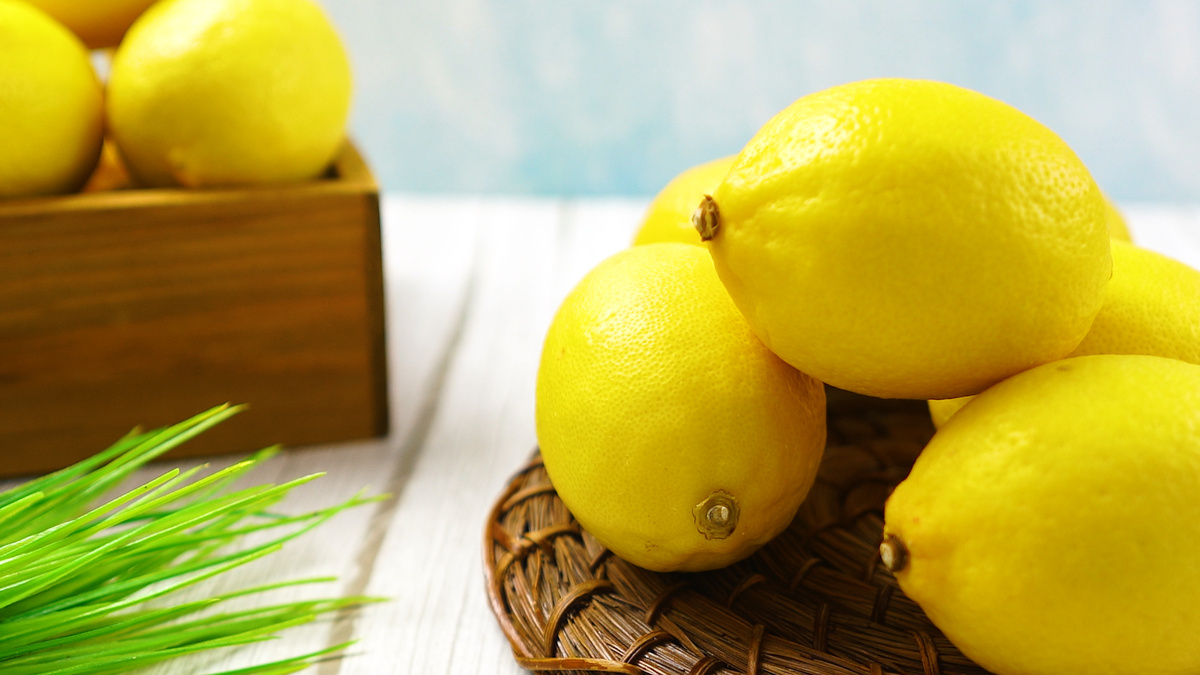
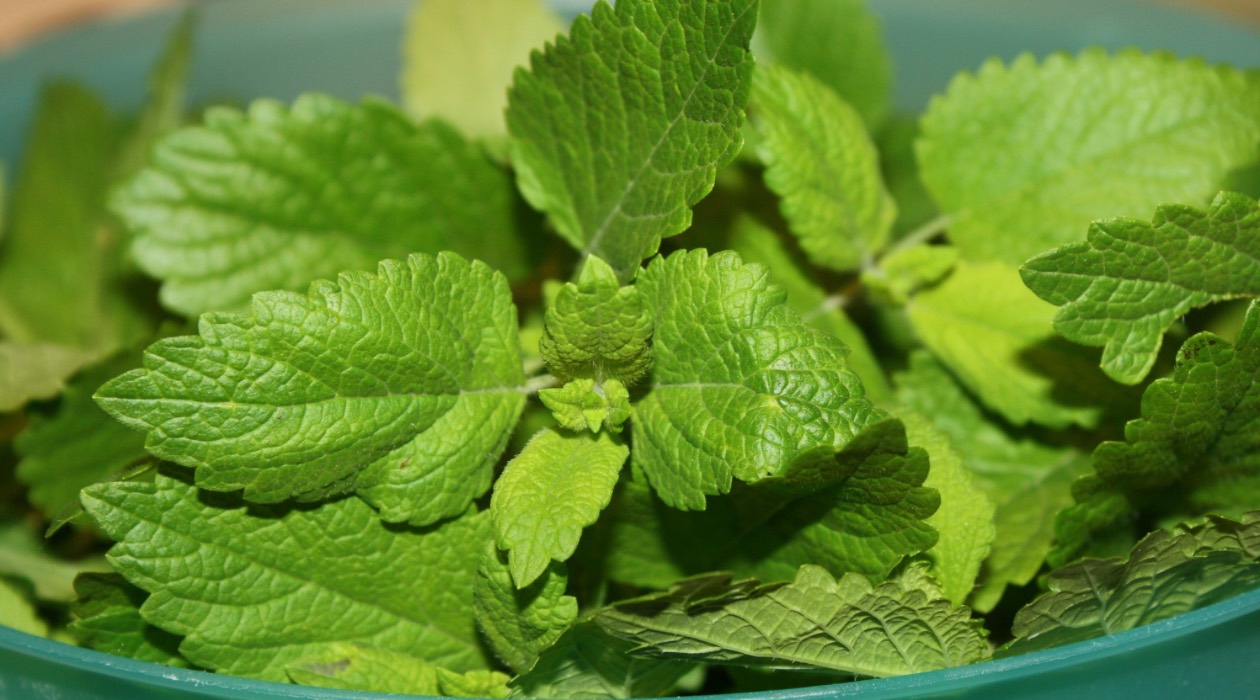

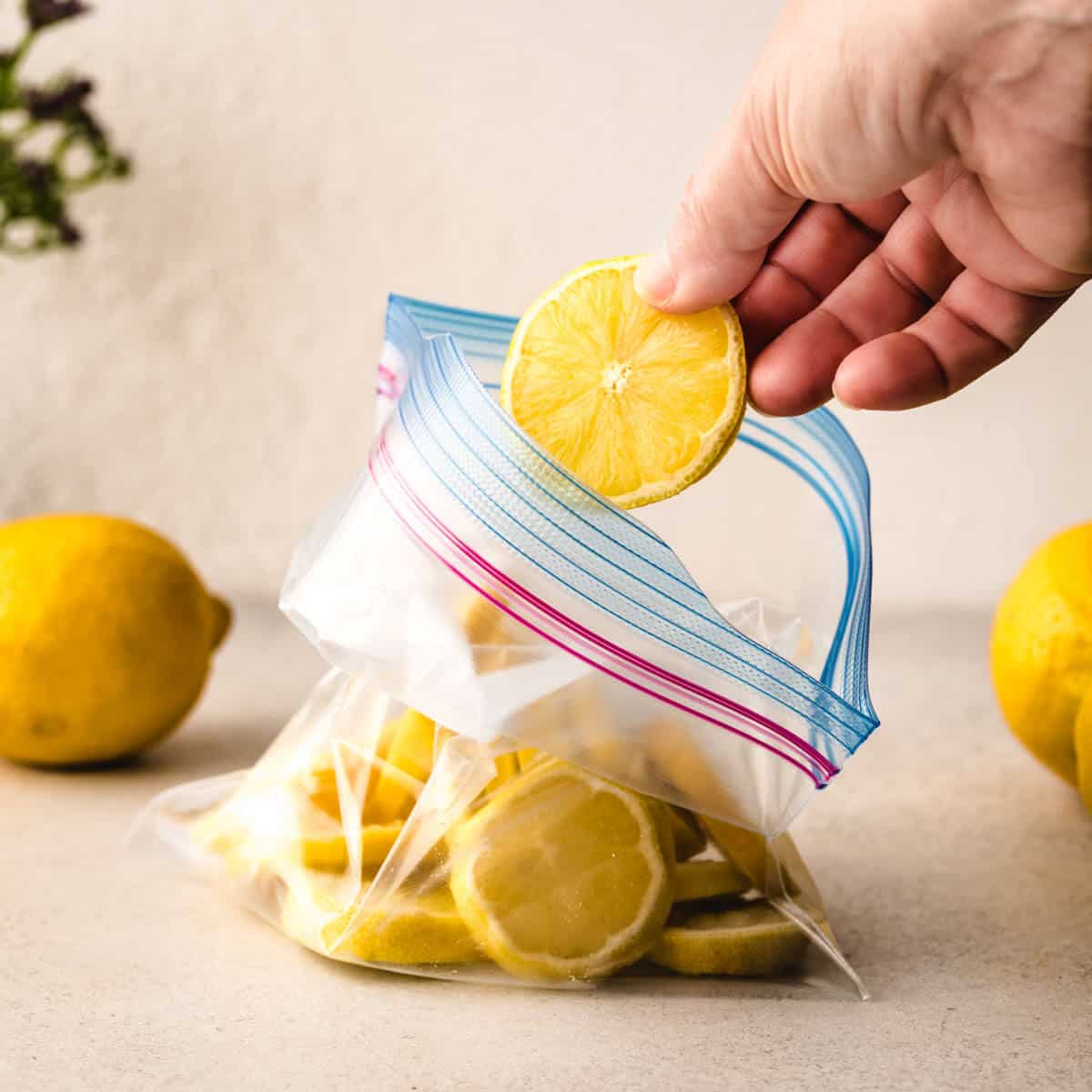



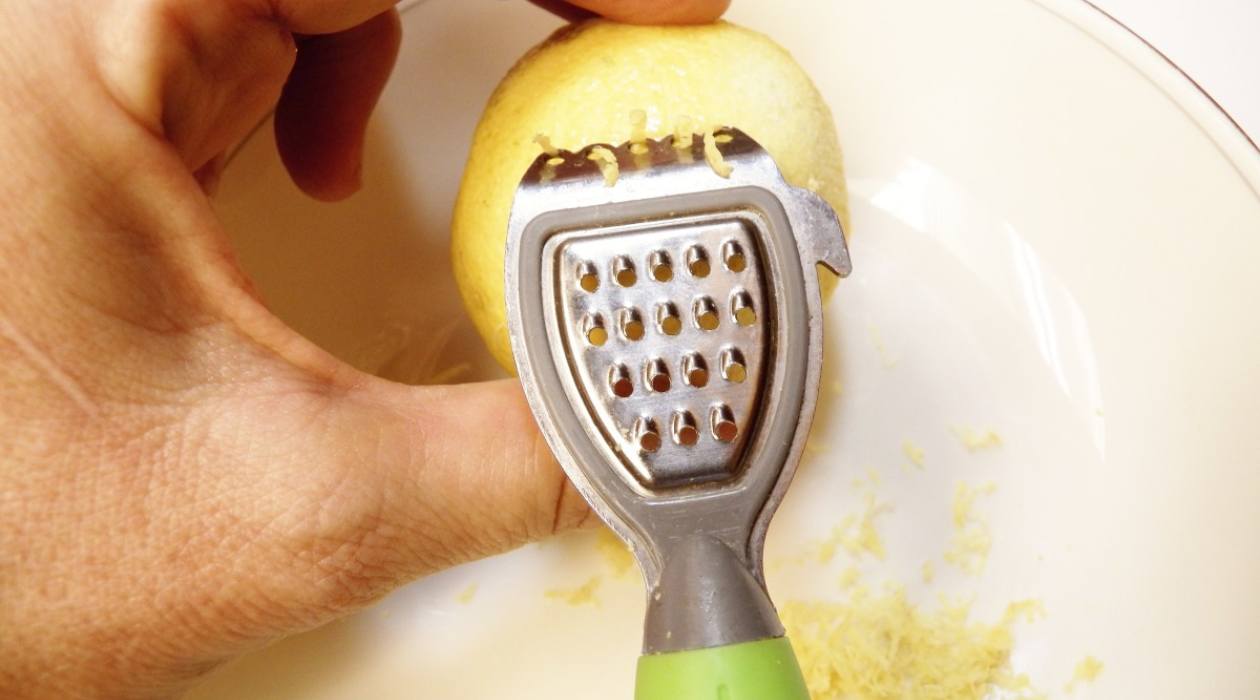
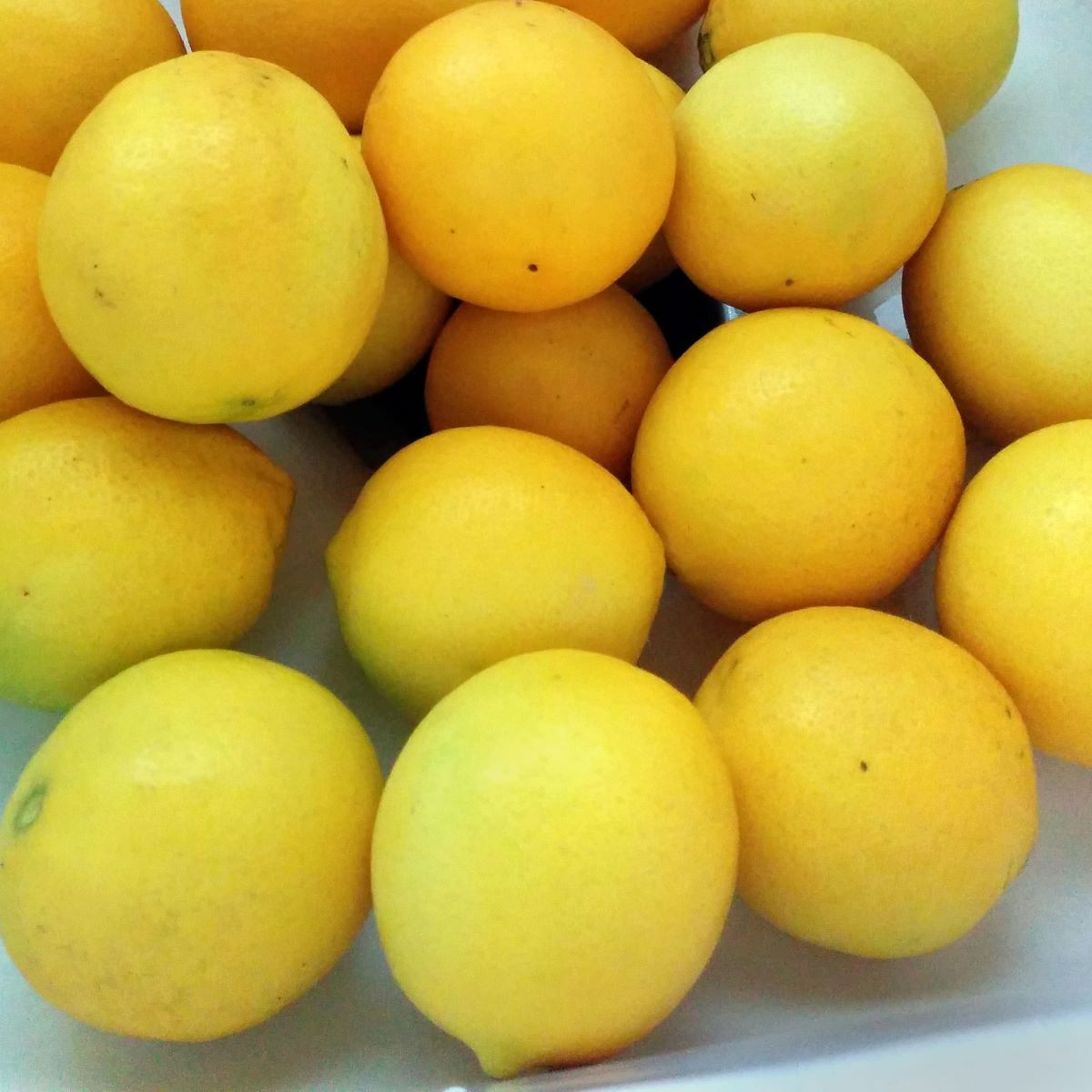
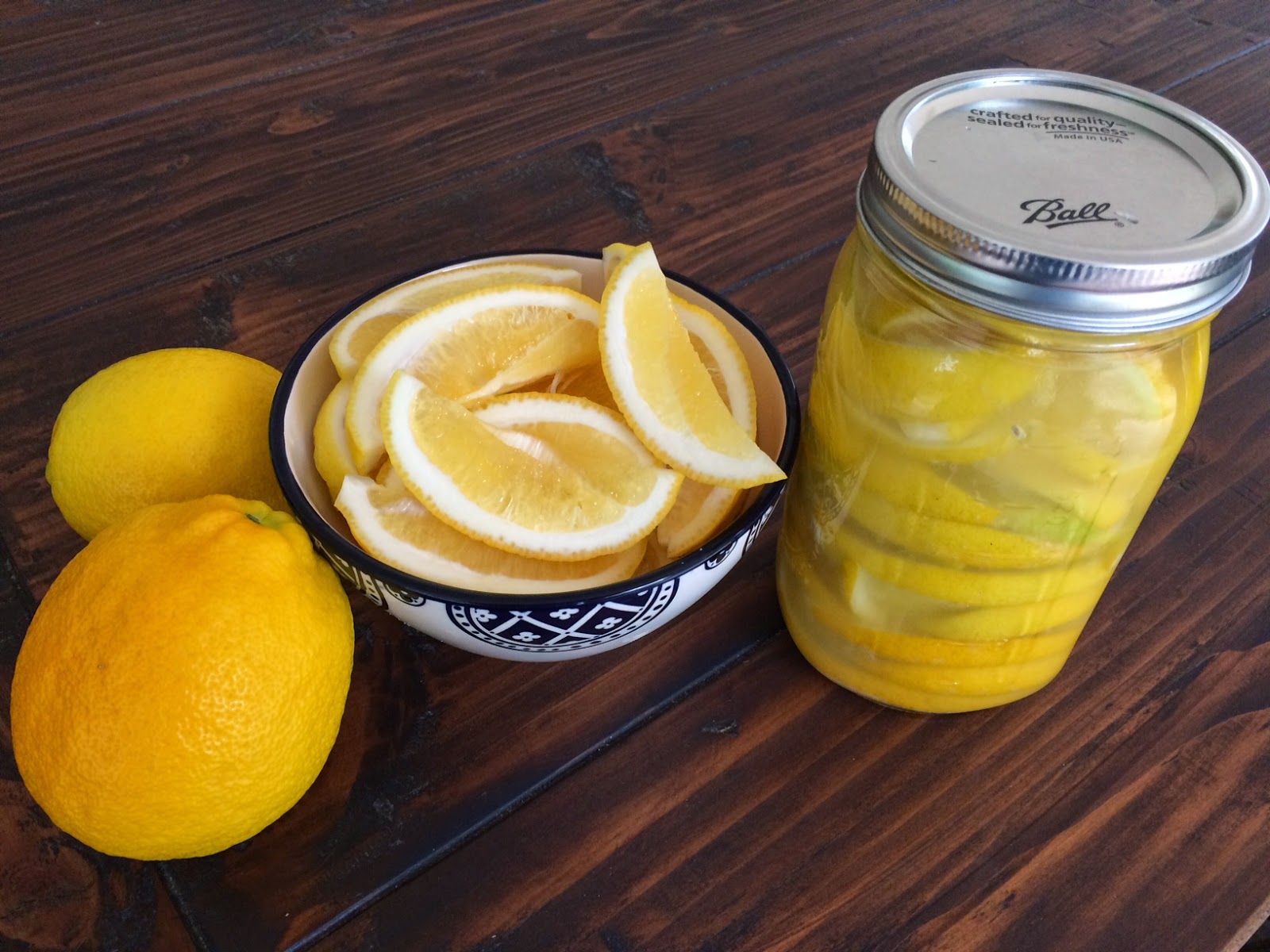

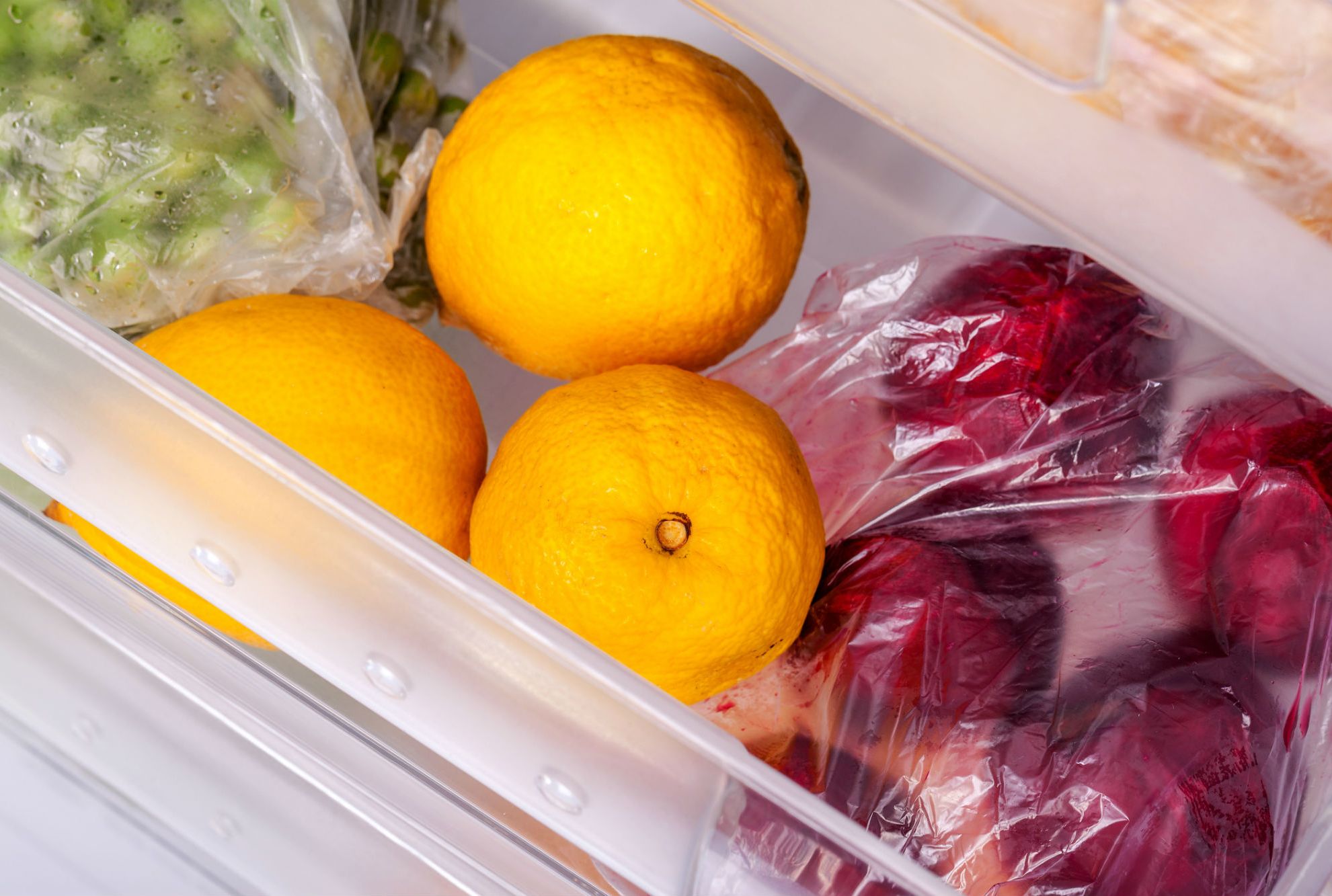
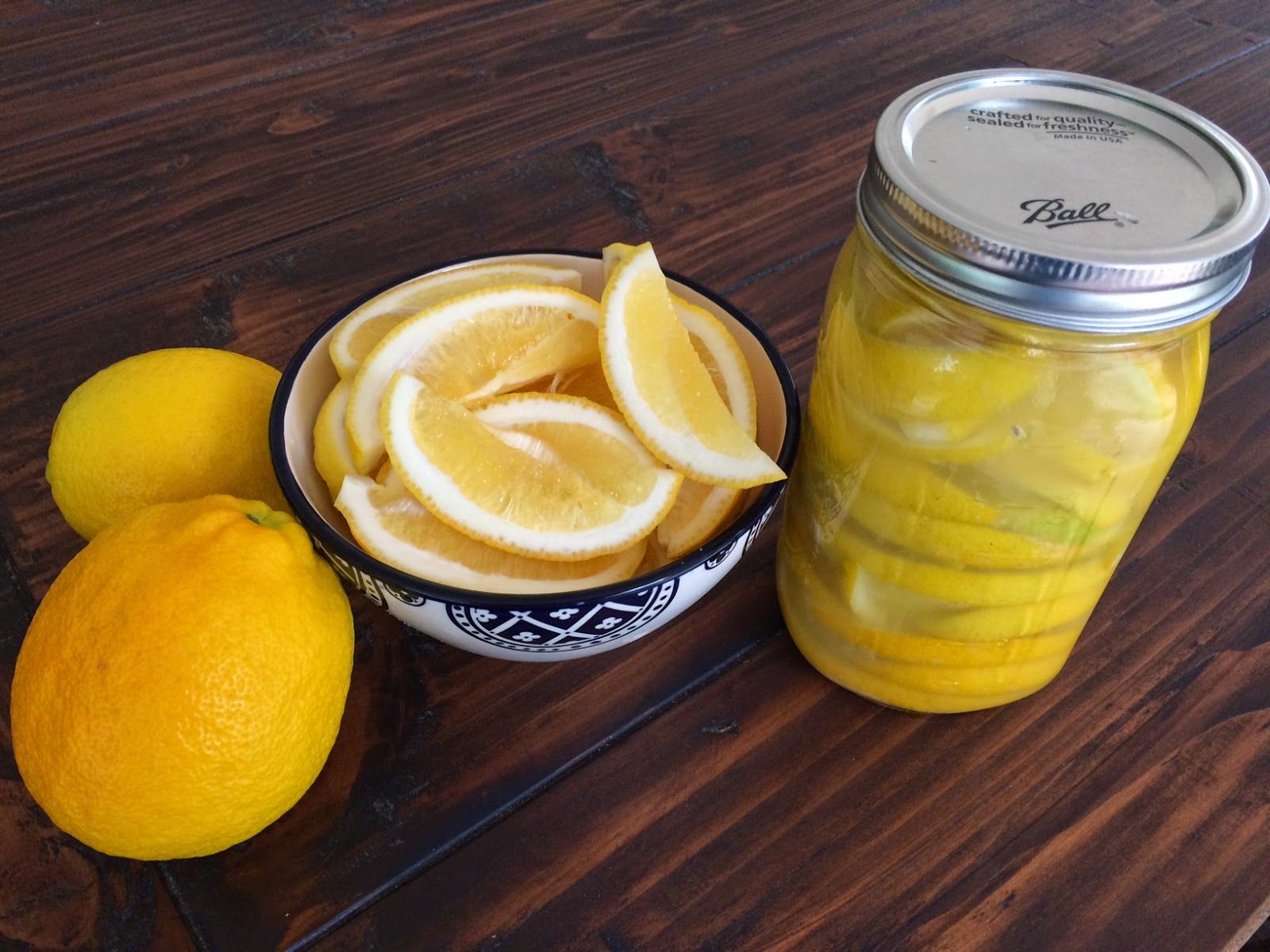

0 thoughts on “How To Store Dehydrated Lemons”